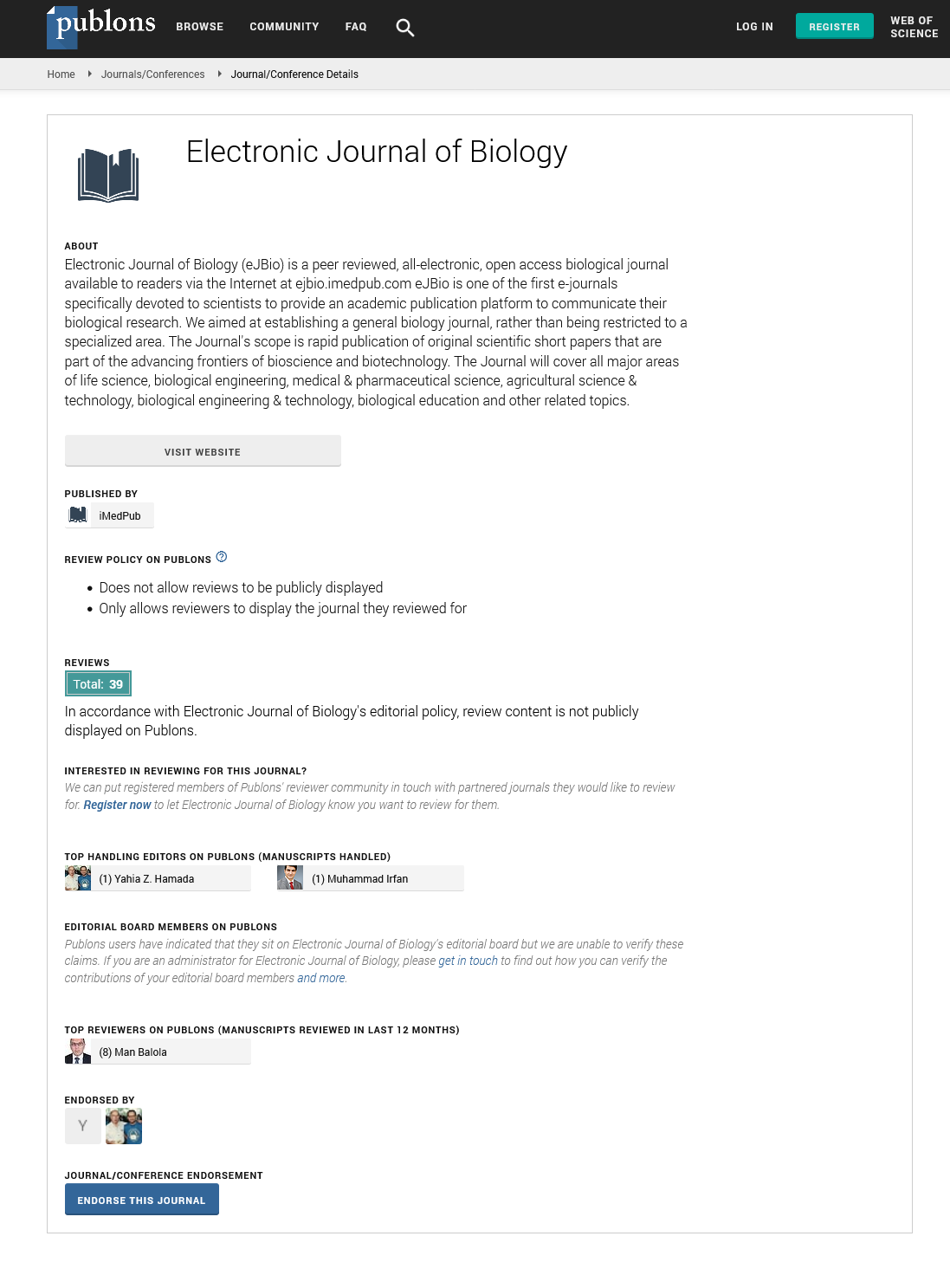Abstract
Detection of Aneuploidy in Neural Stem Cells of the Developing and Adult Human Brain
Neural stem cells (NSCs) are found to be present in the developing and adult human brain. The genuine interest to the properties of NSCs in the light of recent advances in neurosciences, developmental biology and molecular medicine has forced to reconsider genetic features of the developing and adult human brain, which are, as yet, incompletely known. A series of articles has reported that genomic variations manifested as aneuploidy (losses/gains of whole chromosomes in a cell) hallmarks the development of the human brain and that aneuploid cells populate the adult human brain. This has led to the creation of a new biomedical direction termed molecular neurocytogenetics. Although the studies in the field use previous developments of molecular cytogenetics, there is apparent interest in considering both advantages and disadvantages of the techniques in context of studying NSCs in the developing and adult human brain. The outcomes of such evaluation will be probably found valuable for designing future NSC studies. Here, molecular cytogenetic approaches allowing single-cell monitoring of chromosome complement variations are considered in context of different applications in NSC research. The data presented simplifies the choice between molecular cytogenetic techniques for obtaining better results during forthcoming NSC studies.
Author(s): Ivan Y. Iourov, Svetlana G. Vorsanova, Yuri B. Yurov
Abstract | Full-Text | PDF
Share this

Google scholar citation report
Citations : 5001
Electronic Journal of Biology received 5001 citations as per google scholar report
Electronic Journal of Biology peer review process verified at publons
Abstracted/Indexed in
- Google Scholar
- China National Knowledge Infrastructure (CNKI)
- CiteFactor
- Electronic Journals Library
- Zoological Records
- WorldCat
- Proquest Summons
- Publons
- MIAR
- Openaccessarticles.com
- Secret Search Engine Labs
Open Access Journals
- Aquaculture & Veterinary Science
- Chemistry & Chemical Sciences
- Clinical Sciences
- Engineering
- General Science
- Genetics & Molecular Biology
- Health Care & Nursing
- Immunology & Microbiology
- Materials Science
- Mathematics & Physics
- Medical Sciences
- Neurology & Psychiatry
- Oncology & Cancer Science
- Pharmaceutical Sciences


